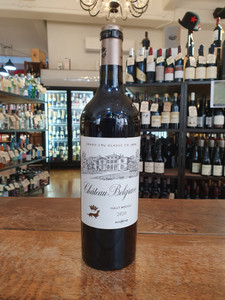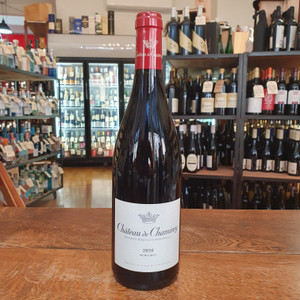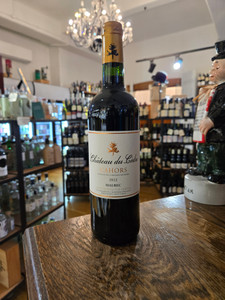
Grape 54% Merlot, 32% Cabernet Sauvignon, 14% Cabernet Franc
Food match grilled meat, asian cuisine, cheese
GET INSPIRED. SHOP CAHN’S
Cahn’s is Auckland CBD’s leading expert for premium wine, eclectic spirits, and fine beer. We blend deep knowledge with a fun, personal shopping experience.
QUICK & EASY WAYS TO SHOP
Fast Delivery: We process and dispatch your order swiftly and securely. Get your favourite Pinot Noir, vintage Port, or rare whisky delivered to your door in perfect condition.
Local Collection: Choose In-Store Pickup at checkout. Pop into our welcoming CBD store to collect your order and say hello to Martin, Tristan, or Frankie. It's the perfect way to blend online ease with a local, personal touch.
THE CAHN CHALLENGE: WE FIND THE ELUSIVE
Finding it difficult and frustrating to find that elusive beverage that you have been yearning for? We pride ourselves on being able to find most products that are available in New Zealand and, at times, we may even import the product ourselves. We dare you to throw down the challenge. Test us. We are confident that we can deliver on most occasions.
CORPORATE GIFTING: STYLISH & SIMPLE
We offer specific services for Corporates as well. Do you need assistance to choose larger quantities of champagne, whisky or wine as gifts during the year or for the end-of-year festivities? Look no further! We thrive on offering advice and sourcing exactly what you are after. We can supply greeting cards and even write the note (with a Montblanc pen) for you and arrange delivery.








